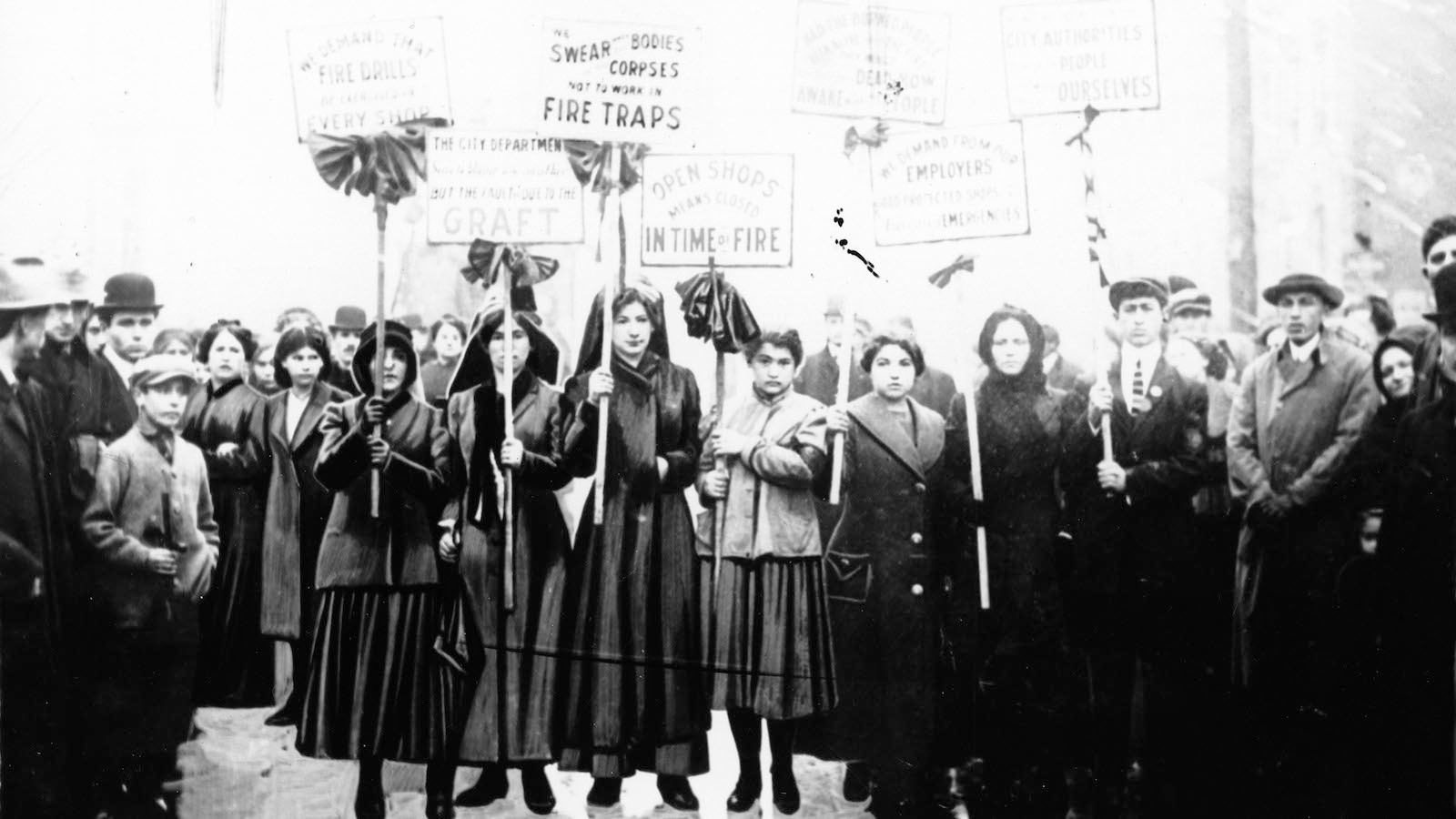Commentary on Parashat Vayetzei, Genesis 28:10-32:3
This week’s Torah reading includes the story of Jacob and Laban, the first documented report of an employer-employee relationship. Laban’s conduct is remembered as the classic example of chicanery in such dealings. One Midrash tells us that for the first month, Jacob received only a half-wage. When Laban then tells him, “Name your wage” (Genesis 29:15), the cheating and underpayment worsens. Jacob sets out to earn his dowry, and is tricked into serving an extra seven years.
Worker’s Rights in the Bible
After fourteen years, and earning no property of his own, Jacob must negotiate an agreement to earn a portion of the flock. The medieval commentator Rashi tells us that Laban cheated by removing healthy animals from the flock with the intent of leaving only the sickly and old animals. Other commentators report that Laban constantly toyed with Jacob in their negotiations, changing his mind ten times before finalizing any agreements.
As with much of Genesis, this is a foundational narrative for Jewish perspectives and values, with Jacob seen as an ideal worker and Laban’s behavior as an example to be avoided. The law code the Shulchan Aruch cites this story in laying out the obligations of employers to act fairly (Choshen Mishpat 337:20).
With your help, My Jewish Learning can provide endless opportunities for learning, connection and discovery.
What is Laban’s response when he stands accused of deception? “We shall give you the other [daughter] also for the service you shall serve with me yet another seven years” (verse 27). Nechama Leibowitz z”l (may her memory be a blessing), in New Studies in Genesis, notes that the Rambam (Maimonides) offers the following interpretation of this plural noun, to help us understand why Laban did not honor his original dowry agreement: Laban spoke with guile. He told Jacob that things were not done this way in our place, implying that the community would not let him act like that since it violated their conventions.
Leibowitz goes on to say that we should draw the lesson from here that “one of the characteristic signs of a wicked man standing in the way of reformation is the flight from personal responsibility…he regards himself as forced into it because the community or some vague body to which he belongs compelled him to act thus.” She proceeds to draw out the implications for those who would make a distinction between taking personal responsibility and citing low community morals in defense of personal choices.
Lessons from the Text
What can we social justice activists draw from these lessons? Perhaps the answer is in another component of Jewish labor law. The Shulchan Aruch tells us that in the absence of an agreement regarding the time at which workers are to be paid, the employer must proactively follow the accepted practice of that place, e.g. to pay at the end of the week (ibid 339).
Our reading of the text elucidates a distinctly Jewish perspective on the imperative to create a just relationship between management and workers–one that is rooted in fairness and clarity of obligations. We also see how a labor relationship is one that can be defined by societal norms. For better or worse, the standards and values of a community can create a baseline for employers.
From the earliest days of the labor movement in the US, Jews have organized unions for collective bargaining and establishing contractual obligations. Many Jews continue to take leadership roles in their unions and through the Jewish Labor Council, working to establish rights and build the empowerment of others, particularly new immigrants and low-wage workers.
At the grassroots level, many Jews are organizing to raise the baseline of values and standards. Jews United for Justice (in Washington DC) and others have led the way in advocating for local living-wage campaigns that create a higher standard for their cities, while the Progressive Jewish Alliance (Los Angeles) has been at the forefront of a campaign against garment sweatshops in southern California.
Higher Community Standards
But we must also take a note of caution from the answer of Laban. We need to be vigilant against those who cite the absence of a higher community standard as their excuse for engaging in unethical practices, particularly when we as a community are watching them in other ways, as is the case with kosher food providers. These businesses seek out and accept regular inspection to obtain rabbinic certification in their pursuit of the kosher consumer. As activists, we can and should challenge kashrut supervision bodies to create a linkage between basic working standards and their seal of approval.
Such a campaign would have a meaningful impact in places like New York City, where Jews For Racial & Economic Justice is building support for the mostly Latino laborers at one kosher food factory. These workers were locked out of the Jewish-owned Tuv Taam building after they tried to unionize to address harsh working conditions and wage practices.
If the rabbis were to remove their seal of approval until the situation was resolved, how quickly might management come to the table? And is the absence of outcry from these spiritual authorities as they walk the factory floor itself allowing a new kind of “Laban’s excuse?”
Provided by SocialAction.com, an on-line Jewish magazine dedicated to pursuing justice, building community, and repairing the world.
kashrut
Pronounced: kahsh-ROOT, Origin: Hebrew, the Jewish dietary laws.
kosher
Pronounced: KOH-sher, Origin: Hebrew, adhering to kashrut, the traditional Jewish dietary laws.
Torah
Pronunced: TORE-uh, Origin: Hebrew, the Five Books of Moses.



